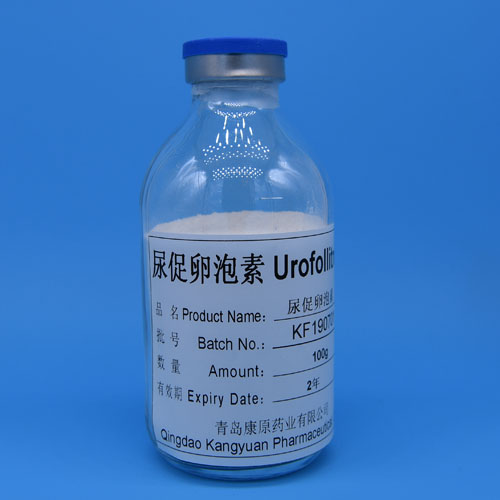Ulinastatin is a protein hydrolysate that is obtained from porcine urine.
It is an FDA-approved drug used to treat protein-losing enteropathy (PLE) in
patients with chronic kidney failure. The manufacturing process of ulinastatin
is critical for ensuring the safety and quality of the drug.
Process Overview:
The ulinastatin manufacturing process starts with porcine urine samples.
The urine is centrifuged to separate the proteins from the impurities. The
proteins are then hydrolyzed using an enzyme, trypsin, to produce ulinastatin.
The hydrolyzed solution is then purified using various chromatographic
techniques to remove any remaining impurities.

Safety Control:
The safety control of the ulinastatin manufacturing process is crucial for
ensuring the safety of the drug. The process includes various safety measures,
such as strict control of the raw materials, monitoring of the reaction
conditions, and quality testing of the products. The products are tested for
purity, identity, and potency before they are released for clinical use.
Quality Control:
The quality control of the ulinastatin manufacturing process is equally
important for ensuring the quality of the drug. The process includes various
quality control tests, such as electrophoresis, immunoassay, and chromatography.
The tests are designed to detect any impurities, degradation products, or
contaminants that may affect the safety and efficacy of the drug.
Conclusion:
The manufacturing process of ulinastatin is critical for ensuring the
safety and quality of the drug. The use of advanced technologies and strict
control of the reaction conditions ensure the production of high-quality
ulinastatin. The safety and quality control measures ensure that the drug is
safe for clinical use and provides patients with effective treatment.